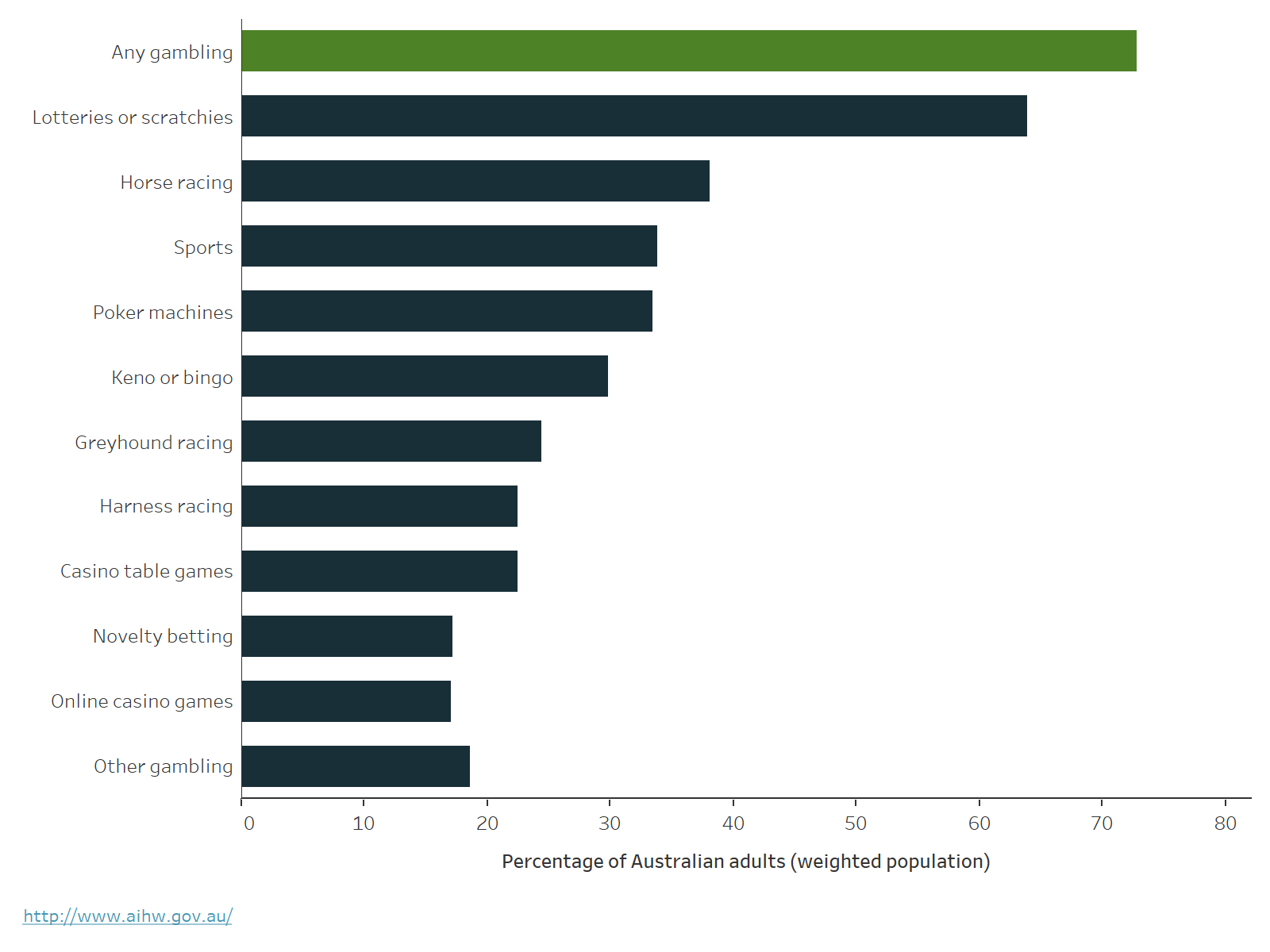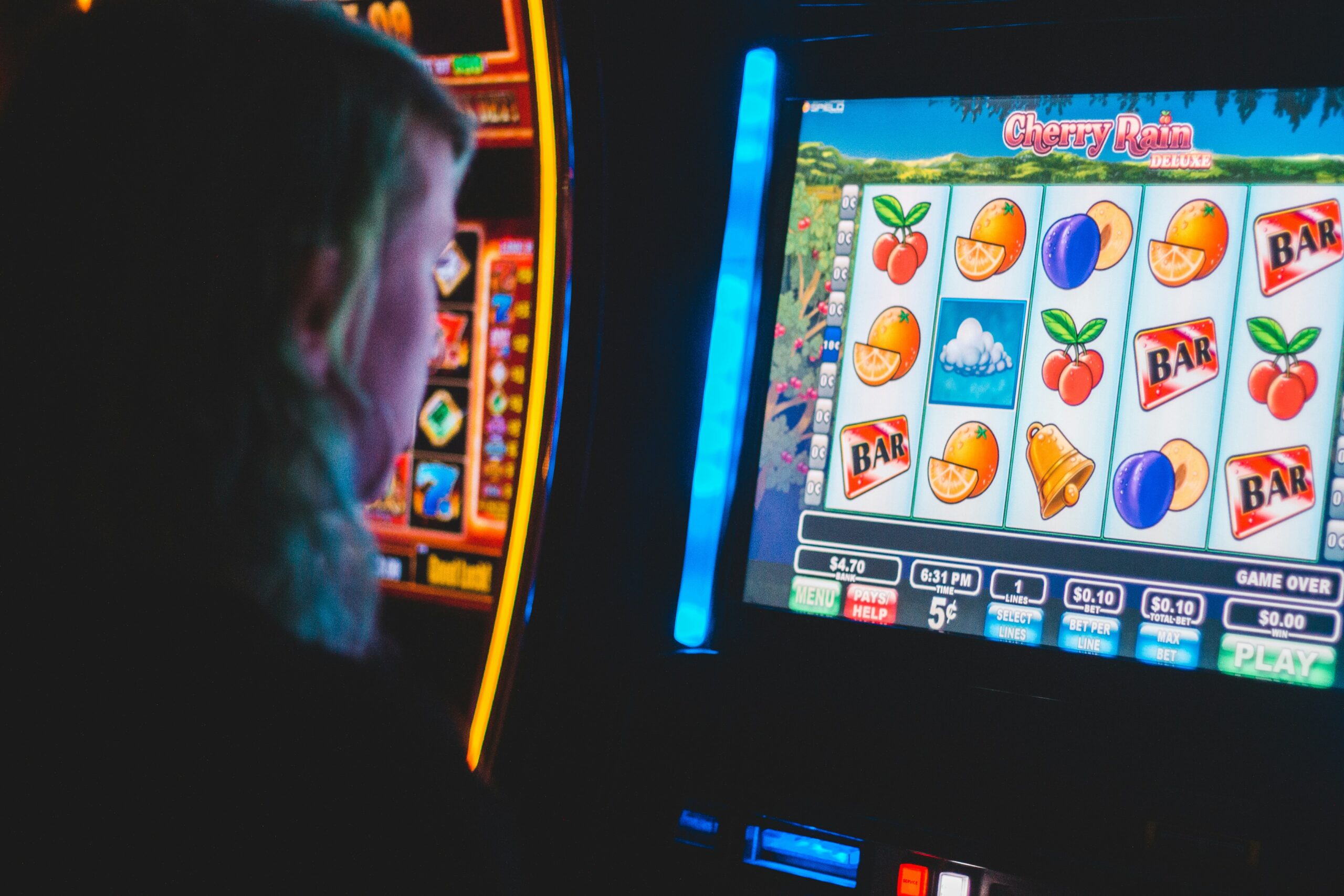Gambling Australia’s loaded gun
In a recent interview with ABC News Breakfast, Chief Advocate of the Alliance for Gambling Reform Tim Costello has claimed, “If America’s blindspot is guns, Australia’s blindspot is gambling.”
Reacting to the appointment of ex-AFL boss Gillon McLachlan as Tabcorp CEO, Costello argues that the high profile selection will only further strengthen ties between sports and gambling.
And while some may call Costello’s statement overkill, his claims are backed up by some pretty damning numbers. Chief among them is the grim statistic shared by the Australian Gambling Research Centre that estimates that Australians lose approximately $25 billion on legal forms of gambling each year, “representing the largest per capita losses in the world (Letts 2018; QGSO 2022).”
In 2022 the Australian Gambling Research Centre conducted an online general community panel survey to explore the prevalence and impact of gambling among Australian adults. The survey found that 3 in 4 (73%) Australians aged 18 and over reported spending money on one or more gambling products in the past 12 months, with lotteries/scratchies the product with the highest participation (64%), followed by race betting (horse, greyhound and/or harness racing, 39%), sports betting (34%) and poker machines/‘pokies’ (33%).

Around 2 in 5 (38%) adult Australians gambled at least weekly, though a gender divide is prevalent with 48% for men and 28% for women. Despite the well worn social assumption of retirees sitting at the pokies for hours at a time, worryingly the research revealed that regular gambling was higher in adults aged 18–54 than adults aged 55 and over for all gambling activities – apart from lotteries/scratchies which was highest among those aged 55 years and over. It’s a trend that Costello puts down to greater frequency of gambling ads around televised sports matches.
Men are most at risk, with the results highlighting that they gambled more frequently, spent more money and were more likely to be at risk of harm during the past 12 months than their female counterparts. More than 2 in 5 men (44% or an estimated 2.8 million Australian men aged 18 and over) reported having gambled in the past 12 months.

Costello’s concerns around the blurring of lines between sport and gambling aren’t unwarranted either with the most at risk category (men) usually spending money on multiple activities, including:
- horse racing (56%)
- poker machines (54%)
- sports betting (46%) (Tajin et al. 2022).
The pandemic is also said to have had an effect on the uptake of the habit, with a 2020 survey of more than 2,000 adults who gamble uncovering that almost 1 in 3 participants signed-up for a new online betting account during COVID-19, and 1 in 20 started gambling online (Jenkinson et al. 2020). Before the onset of the pandemic, on average around 62% of participants’ reported that their gambling was conducted online. During COVID-19, this number jumped to 78% – with consumer surveys, key expert reports and industry data suggesting that the increased spending on online gambling during the pandemic has sustained into subsequent years.
The effect on the lives of young Australian’s caught in this cycle are numerous and insidious and include:




